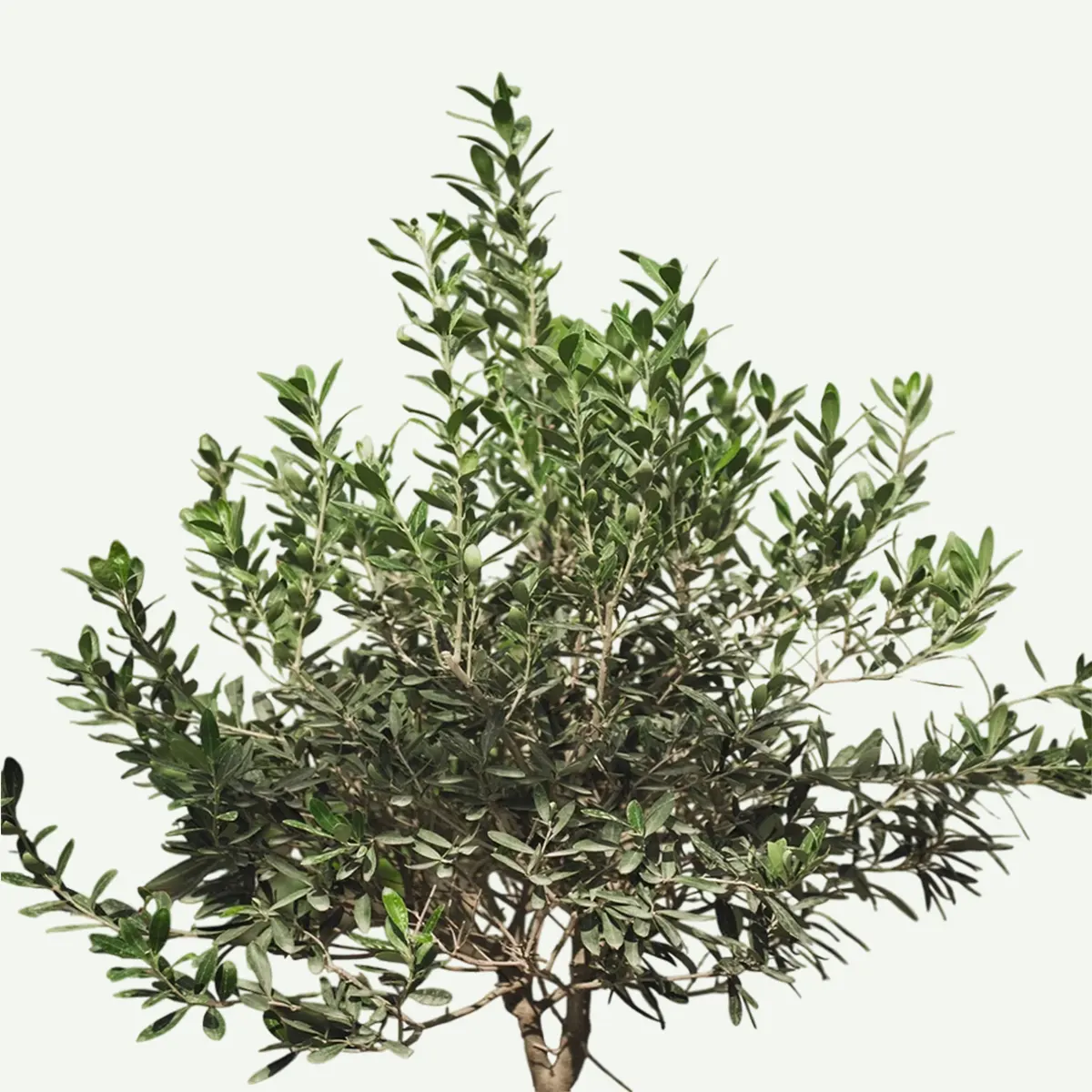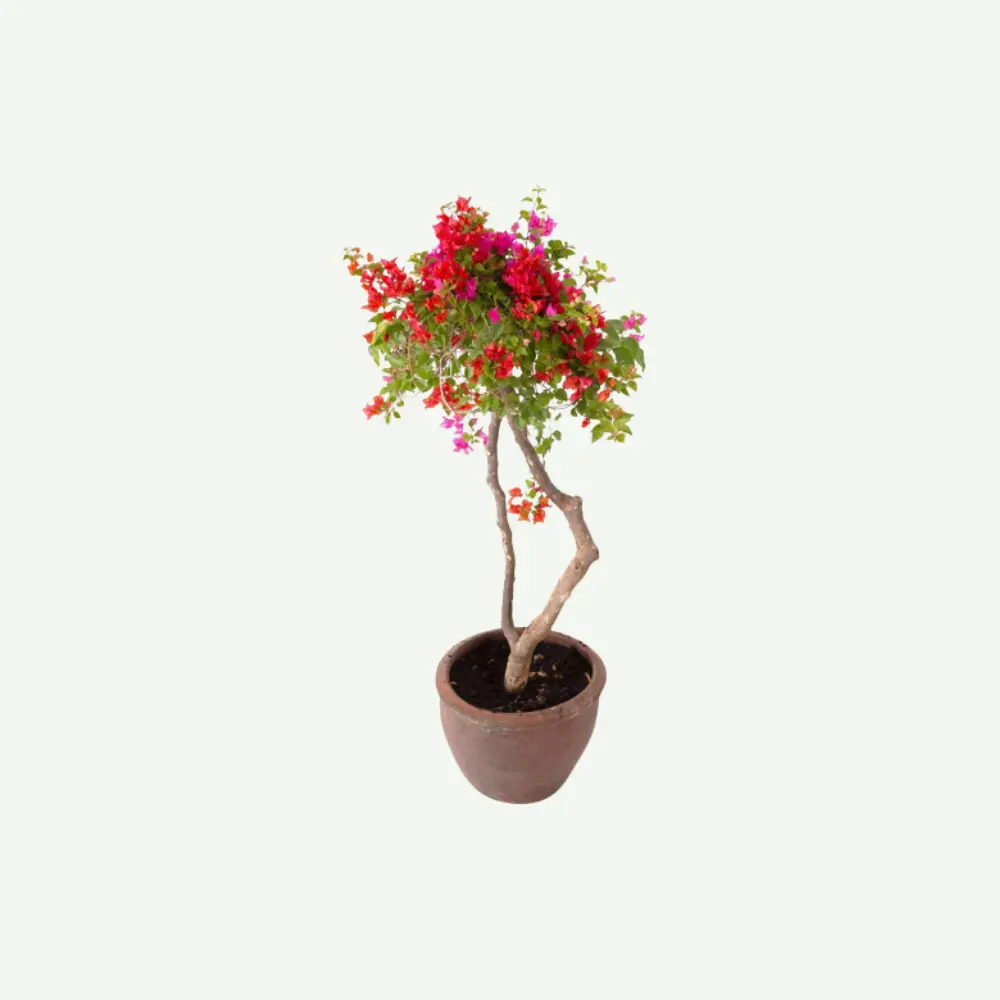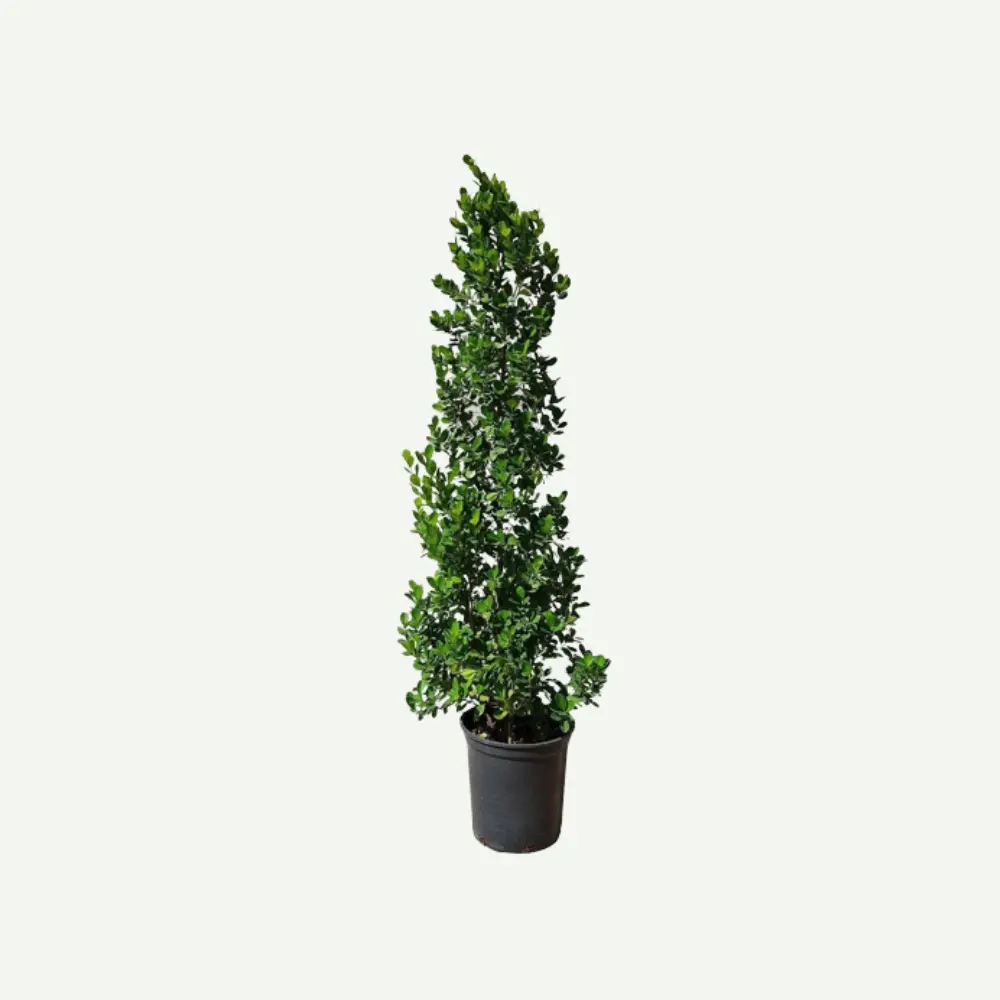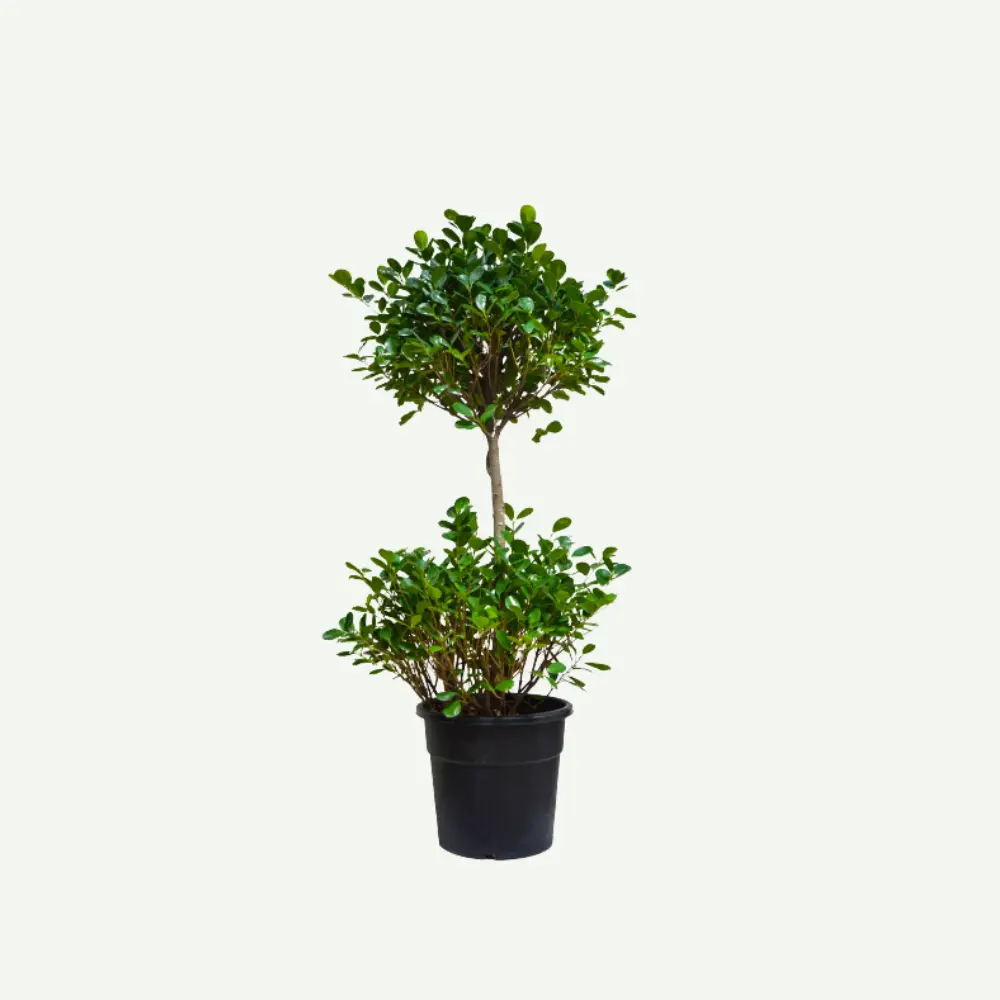The olive tree, scientifically known as Olea europaea, is a small evergreen tree native to the Mediterranean region, including parts of Europe, Africa, and Asia. It is one of the oldest cultivated trees and has been highly valued throughout history for its fruit, olives, and the oil extracted from them. Olive trees are not only significant for their agricultural and culinary importance but also hold cultural and symbolic significance in various societies.
Here are some key characteristics and aspects of olive trees:
Plant Characteristics:
Leaves: Olive tree leaves are narrow, lance-shaped, and silver-green on the upper side, with a grayish hue on the underside. The leaves have a distinctive silver sheen, which helps reduce water loss through transpiration.
Flowers: The olive tree produces small, creamy white, and fragrant flowers. They are often inconspicuous, with a maximum diameter of about 0.4 inches (1 cm). Olive trees are generally wind-pollinated, but insect pollination can also occur.
Fruit: The fruit of the olive tree is the olive, which is a drupe that starts off green and turns black or purplish-black when fully ripe. Olives are harvested for various purposes, including table olives and olive oil production.
Cultural and Symbolic Significance:
Olive trees have cultural and historical importance, particularly in the Mediterranean region, where they have been cultivated for thousands of years. They are often associated with peace, prosperity, and wisdom.
In ancient Greek mythology, the olive tree was considered a gift from the goddess Athena, symbolizing peace and abundance.
Olive branches have been used as symbols of peace and victory in various cultures and civilizations.
Cultivation and Uses:
Olive trees are cultivated for their fruit, which can be eaten as table olives when cured and processed or pressed to extract olive oil.
Olive oil is widely used in cooking, cosmetics, and traditional medicine due to its health benefits and versatility.
Olive trees are well-adapted to dry, arid climates and can tolerate poor soil conditions. They are hardy trees once established and can live for hundreds of years.
Landscape Use:
Olive trees are commonly used in landscaping, especially in regions with a Mediterranean climate. Their silvery foliage and distinctive shape add visual interest to gardens and outdoor spaces.
They can be planted as ornamental trees in landscapes, parks, and public spaces.
Overall, the olive tree holds a significant place in history and remains cherished for its valuable fruit and oil. It continues to be cultivated and appreciated worldwide for its cultural, culinary, and ornamental value.






Reviews
There are no reviews yet.